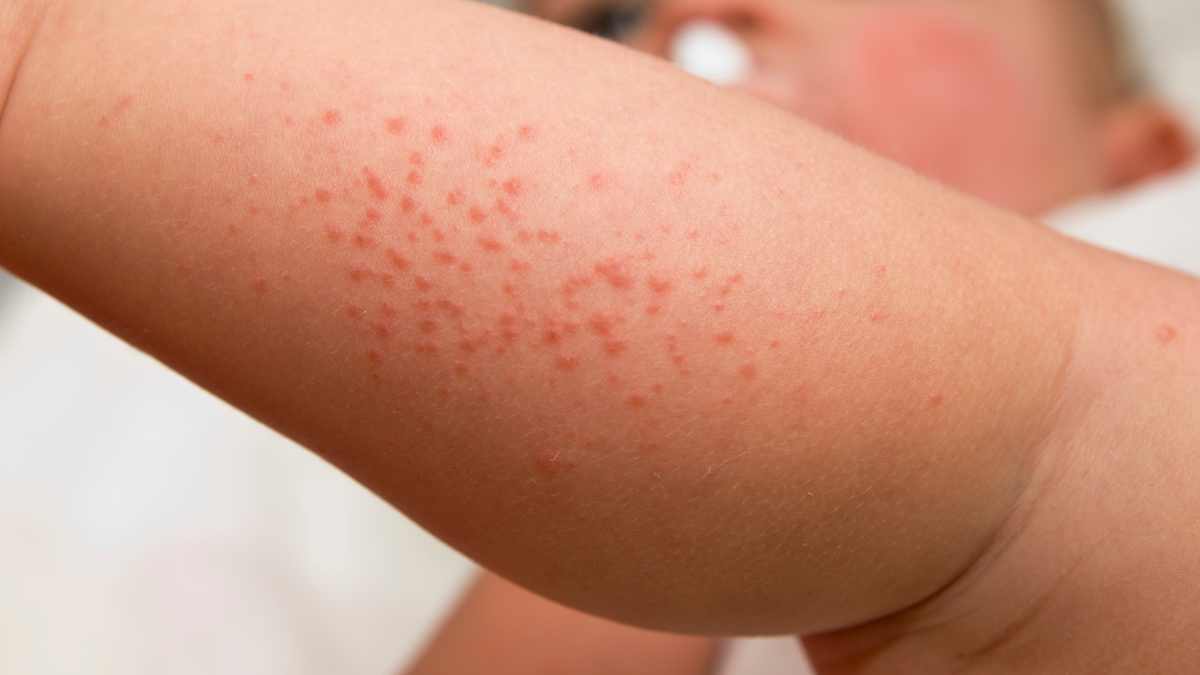Hair loss is a common concern that affects millions of individuals worldwide, leading to a variety of emotional and psychological challenges. Two popular treatments that have emerged in the market are Procerin and Finasteride. Both have their proponents and critics, and understanding their differences, mechanisms of action, and effectiveness is crucial for anyone considering treatment for hair loss. This article aims to provide an in-depth comparison of Procerin and Finasteride, exploring their formulations, efficacy, side effects, and overall suitability for various individuals.
Understanding Hair Loss
Before delving into the specifics of Procerin and Finasteride, it is essential to understand the underlying causes of hair loss. The most common form of hair loss is androgenetic alopecia, also known as male or female pattern baldness. This condition is primarily driven by genetic factors and hormonal changes, specifically the action of dihydrotestosterone (DHT), a derivative of testosterone. DHT binds to hair follicles, leading to their miniaturization and eventual cessation of hair production.
Finasteride: The Pharmaceutical Approach
Finasteride is a prescription medication that has been clinically proven to treat male pattern baldness. It works by inhibiting the enzyme 5-alpha reductase, which converts testosterone into DHT. By reducing DHT levels in the scalp, Finasteride helps to slow down hair loss and promote regrowth in some individuals.
Efficacy
Numerous studies have demonstrated the efficacy of Finasteride in treating hair loss. Research shows that about 80% of men who take Finasteride experience a halt in hair loss, while approximately 65% see some degree of hair regrowth after a year of consistent use. The results can be significant, making Finasteride one of the most effective treatments for androgenetic alopecia.
Side Effects
Despite its effectiveness, Finasteride is not without potential side effects. Some users report experiencing sexual side effects, including decreased libido, erectile dysfunction, and ejaculation disorders. Additionally, there have been reports of mood changes, including depression and anxiety. While these side effects are relatively rare, they are significant enough to warrant caution and discussion with a healthcare provider.
Procerin: The Herbal Alternative
Procerin is a non-prescription, herbal supplement designed to combat hair loss. Unlike Finasteride, it does not inhibit DHT directly. Instead, Procerin claims to promote hair growth through a combination of natural ingredients, including saw palmetto, nettle root, and other herbal extracts. These ingredients are believed to have properties that may help block DHT or support overall hair health.
Efficacy
The efficacy of procerin hair coat (smf.prod.legacy.busites.com) has not been studied as extensively as Finasteride. While anecdotal evidence and testimonials suggest that some users experience positive results, scientific studies validating its effectiveness are limited. Users may find varying results, and while some may see improvements, others may not notice significant changes.
Side Effects
Procerin is generally considered safe due to its herbal composition. However, users may still experience mild side effects, such as gastrointestinal discomfort or allergic reactions to specific ingredients. As with any supplement, it is advisable to consult a healthcare professional before beginning treatment, especially for individuals with pre-existing health conditions or those taking other medications.
Comparing Mechanisms of Action
The primary difference between Procerin and Finasteride lies in their mechanisms of action. Finasteride directly inhibits the production of DHT, addressing one of the root causes of hair loss. In contrast, Procerin takes a more holistic approach by using natural ingredients that may help support hair health and potentially block DHT indirectly.
This fundamental difference leads to varying results and experiences among users. While Finasteride offers a more scientifically validated method of treating hair loss, Procerin appeals to those who prefer a natural or alternative approach.
Suitability for Different Individuals
When considering which treatment to pursue, it is essential to evaluate individual circumstances, preferences, and health considerations.
Finasteride may be more suitable for:
- Individuals with significant hair loss or those in the early stages of male or female pattern baldness.
- Those who are seeking a treatment with a stronger clinical backing and proven efficacy.
- Individuals who are comfortable with the idea of taking a prescription medication and are aware of the potential side effects.
Procerin may be more suitable for:
- Individuals who prefer a natural or herbal approach to hair loss treatment.
- Those who have experienced side effects from pharmaceutical options or are concerned about the implications of taking prescription medications.
- Individuals seeking a preventative measure rather than a treatment for existing hair loss.
Cost Considerations
Cost can also be a deciding factor when choosing between Procerin and Finasteride. Finasteride is typically available through a prescription, and prices may vary depending on insurance coverage. Generic versions of Finasteride can be more affordable, but ongoing costs should be considered.
Procerin, being an over-the-counter supplement, may have a lower upfront cost, but users should keep in mind that supplements often require long-term commitment for optimal results.

Conclusion
In summary, both Procerin and Finasteride offer potential solutions for individuals grappling with hair loss. Finasteride stands out for its clinically proven efficacy and direct action against DHT, making it a strong option for those seeking significant results. However, the possibility of side effects may deter some individuals. On the other hand, Procerin provides a natural alternative that may appeal to those wary of pharmaceuticals, but its effectiveness is less well-documented.
Ultimately, the choice between Procerin and Finasteride should be made after careful consideration of personal health, preferences, and consultation with a healthcare professional. Understanding the nuances of each option will empower individuals to make informed decisions about their hair loss treatment journey.







